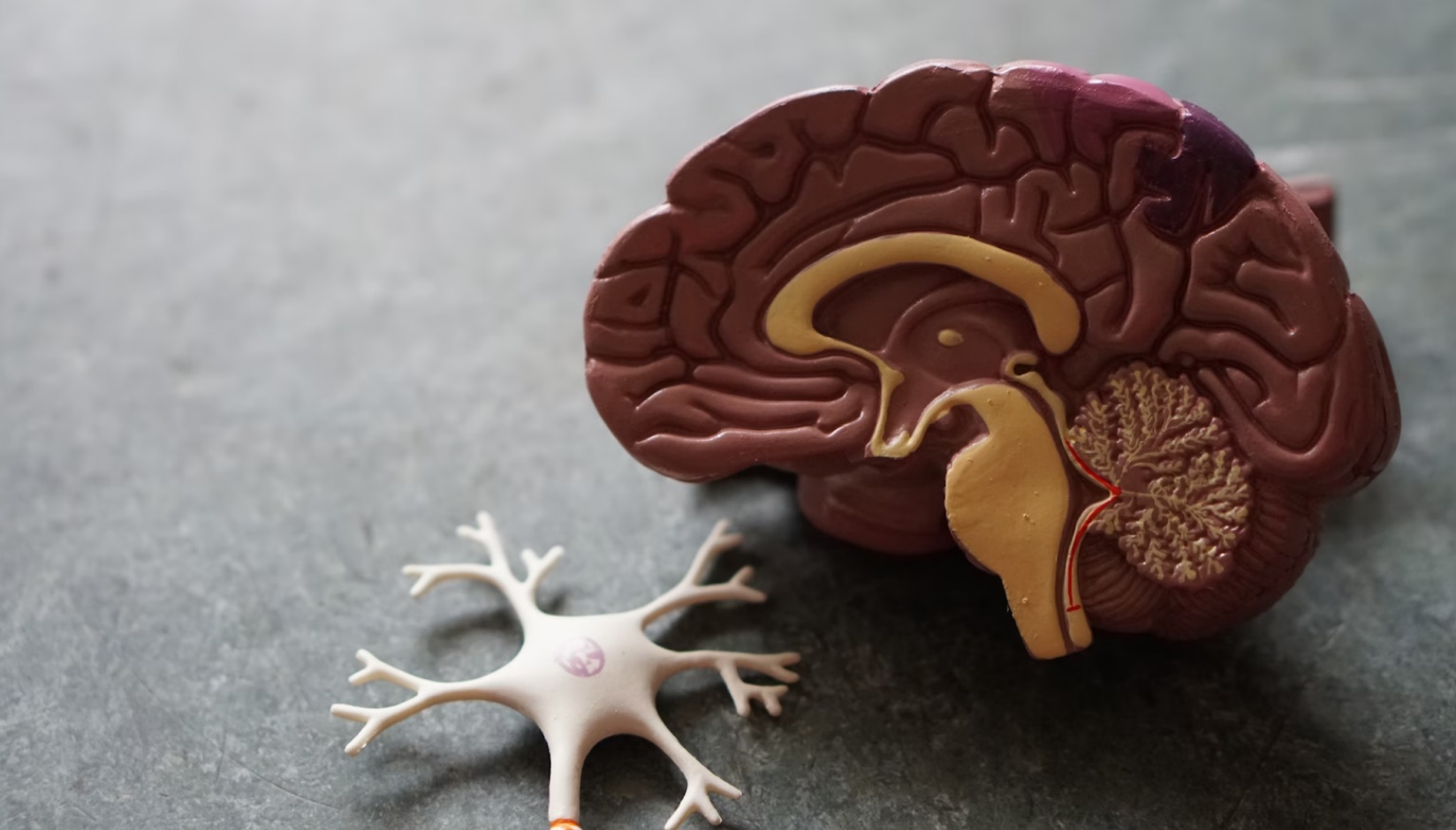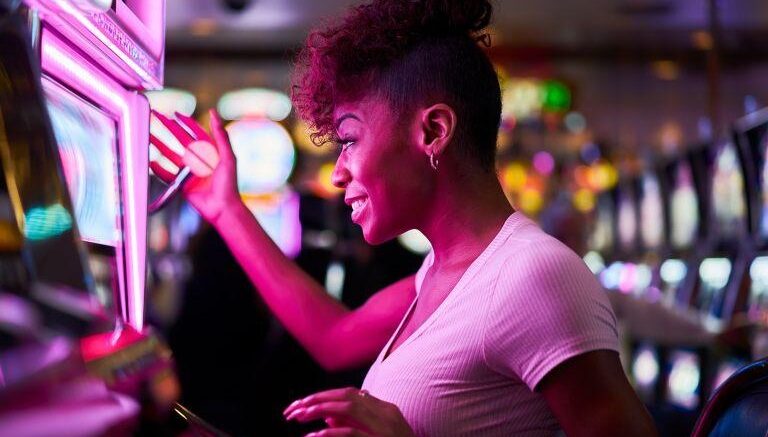Casinos, since the 1600s, have been one of the many ways people choose to gamble. While some believe casinos are fun places to relax and make money, this is often only partially true. On the surface, you might see a calm face planning its next move; however, much more is happening in the brain. In this article, we go over the different ways casino goers think to help you better understand the psychology of a gambler.
How Do Casino Goers Think?
Casinos are widespread in most parts of the world, where they are legal. Billions of people gamble every year, and casinos are often their preferred place to do so due to numerous reasons. To shed more light on what these reasons are, we go over five ways casino-goers think:
- Against All Odds
- Lights And Music Encourage More Spending
- Near Misses
- Short-Term Benefits Of Wins
- The Uncertainty
Against All Odds
Many casino players look at gambling odds and think, “It is me against the world.” The fact that the odds are against them can encourage some players to spend even more money. The aim, at times, is to prove the naysayers wrong, which can be due to trauma or challenges faced when growing up. Whatever the case, the result remains that the gambler is often unaware of their motivation and will continue to play even to their own detriment.
Lights And Music Encourage More Spending
Casinos can have very enticing atmospheres that are filled with lights and music. This tends to play a trick on the brain where despite losing or making impressive wins, you feel the need to continue playing. Sometimes while gambling, you can hear others win big and feel the need to compete. The role of gambling on mental health has already been researched, and it has been shown to lead to less self-control. Blocking out the external stimuli in a casino is nearly impossible, so frequent goers suffer the most.
Near Misses
It is the near misses at times that can be the most exciting for casino goers. Many casino goers feel their next win is just around the corner, so they keep playing. The more near misses they get, the more likely they are to keep playing. For many, the fact they are losing means nothing when compared to the possibility of winning.

Short-Term Benefits Of Wins
Sometimes the worst thing that can happen to a casino goer is when they finally win a game. The dopamine rush to the brain can be addictive and encourage the player to spend more. Unfortunately, this win is often preceded and followed up by losses that far outweigh the monetary value of winning. This is why spending as little time as possible gambling is important by choosing fast and responsive payment methods. The idea is the less time spent gambling, the more likely you are to reduce your overall losses.
The Uncertainty
Lastly, the uncertainty behind casino games could be more appealing to most gamblers. The possibility that a single roll of the dice can lead to millions in winnings creates a very addictive feeling in the brain. Many casinos will even encourage this with the kind of messaging they have on their online websites. However, at all times, a gambler must have self-control because, without it, so many things can go wrong.
Bottom Line
Casino games have given people amazing wins and joyous life experiences, but there is no denying that they have drawbacks. Understanding the mindset of a casino goer is a step in the right direction toward identifying the signs of addiction and avoiding them. If you decide to gamble, make sure you understand the psychology of gamblers so that you can track your own psychological state while at the casino. Have fun and gamble safely!
Author’s Bio

Robert V. Gee is a researcher and former professional gambler that understands first-hand the pros and cons of gambling. He aims to help many people develop better self-control in their gambling lives through his articles.
When he isn’t writing or researching, you will find that Robert is also an excellent piano player and regularly practices with friends.
Article edited and fact checked by our editorial team.
References:
- Farrell L. Understanding the Relationship Between Subjective Wellbeing and Gambling Behavior. J Gambl Stud. 2018 Mar;34(1):55-71. doi: 10.1007/s10899-017-9692-4. PMID: 28447288; PMCID: PMC5846838.
- Hommer DW, Bjork JM, Gilman JM. Imaging brain response to reward in addictive disorders. Ann N Y Acad Sci. 2011;1216(1):50-61.
- Luijten M, Schellekens AF, Kühn S, Machielse MWJ, Sescousse G. Disruption of Reward Processing in Addiction : An Image-Based Meta-analysis of Functional Magnetic Resonance Imaging Studies. JAMA Psychiatry. 2017;74(4):387–398. doi:10.1001/jamapsychiatry.2016.3084
- American Psychiatric Association . Diagnostic and statistical manual of mental disorders: DSM-IV. 4. Washington, DC: American Psychiatric Association; 1994.
- Luke Clark. The psychology of gambling. The University of Cambridge. Retrieved from: https://www.cam.ac.uk/research/news/the-psychology-of-gambling
- Conlisk J. The utility of gambling. Journal of Risk Uncertainty. 1993;6:255–275. doi: 10.1007/BF01072614. – DOI
- Yau YH, Potenza MN. Gambling disorder and other behavioral addictions: recognition and treatment. Harv Rev Psychiatry. 2015 Mar-Apr;23(2):134-46. doi: 10.1097/HRP.0000000000000051. PMID: 25747926; PMCID: PMC4458066.
